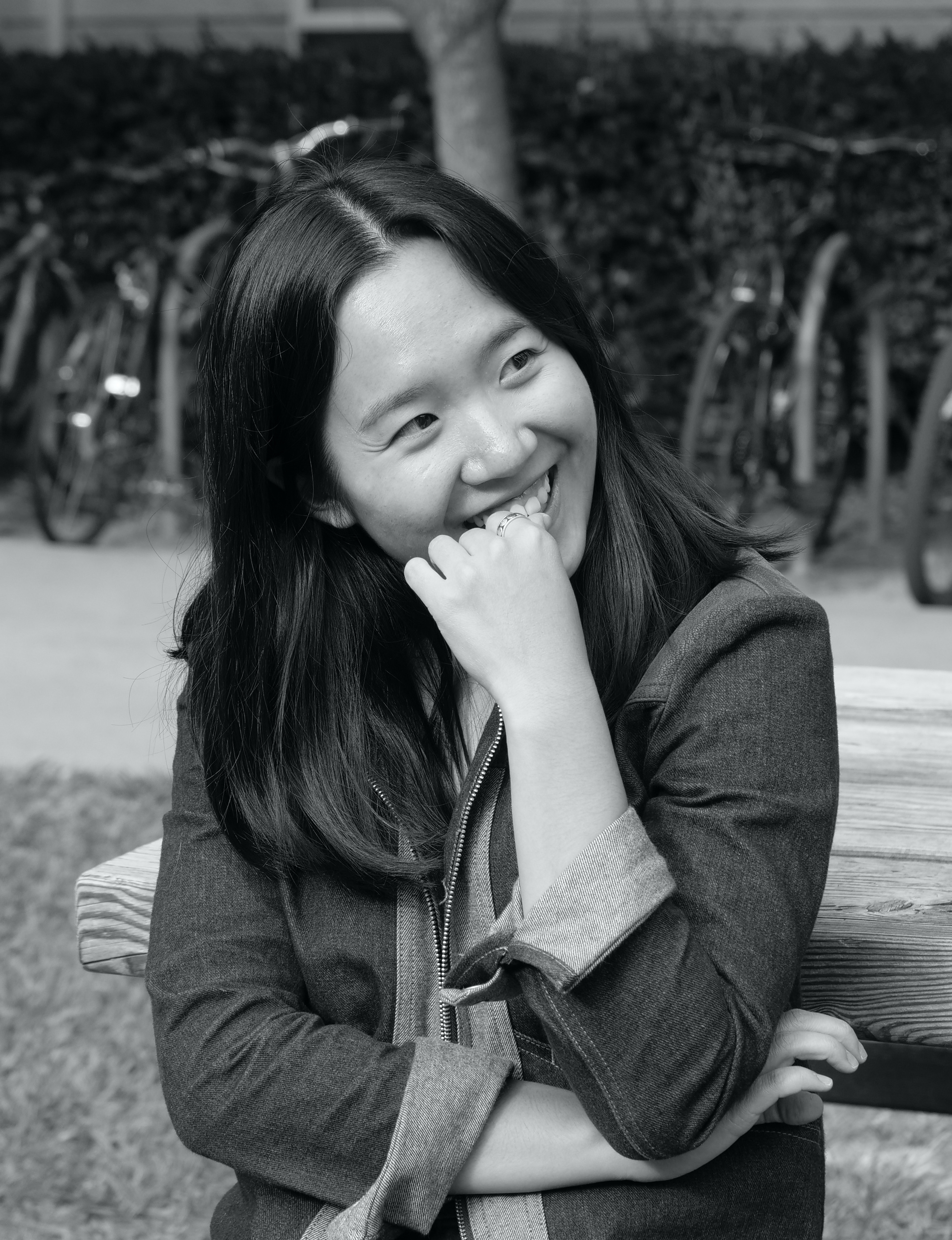
Photo credit: Aurora Brachman
serinac@berkeley.edu
Office: Berkeley Way West 8060
Pronouns: she/her
[CV]
[Google Scholar]
[X]
Serina Chang
I am an Assistant Professor at UC Berkeley, jointly appointed in EECS and Computational Precision Health and part of the Berkeley AI Research (BAIR) Lab. If you're interested in working with me, please see Getting Involved below for details!
My research falls at the intersection of AI and human behavior, including modeling human behaviors with AI, improving and evaluating human-AI interaction, and developing AI tools for societal decision-making, with a focus on public health. My work is recognized by the KDD Dissertation Award, KDD Best Paper Award, Forbes 30 under 30, Google Research Scholar Award, EECS Rising Stars, and Rising Stars in Data Science, and has been featured by over 650 news outlets, including The New York Times and The Washington Post. Previously, I completed my PhD in CS at Stanford University, advised by Jure Leskovec and Johan Ugander, and I was a postdoc at Microsoft Research in the Computational Social Science group.
Recent News
- 📣 Spring 2026: I am recruiting a postdoc working in AI & society to start in summer 2026. See Getting Involved below for details.
- 📄 Jan 2026: our paper, "What do large language models know about opinions?", was accepted to ICLR 2026! We show that that LLMs know far more about human opinions than their outputs reveal and develop SAE-based methods to steer LLMs towards different groups' opinions.
- 🏆 Dec 2025: I was selected for Forbes 30 under 30, Class of 2026!
- 🎤 Fall 2025: please see my recent talk at the Berkeley EECS Colloquium for a good overview of my current research!
- 🏆 Aug 2025: so honored to receive the KDD 2025 Dissertation Award for my dissertation, "Computational Methods for Human Networks and High-Stakes Decisions"!
- 🏆 Jul 2025: I received a Google Research Scholar Award for my proposal, "A New Generation of AI-Powered Population Health Models", on building rich multimodal models that unite behavioral, disease, and policy data to jointly model population dynamics, health, and interventions.
- 📄 May 2025: two papers accepted to ACL 2025 main! One paper on evaluating human-AI interactions, where we conduct a large-scale user study converting static benchmark questions into human-AI conversations; one paper on predicting public opinions with LLMs, where we show that fine-tuning on high-quality survey data greatly improves performance and generalizes to unseen subpopulations and surveys.
- 📄 Mar 2025: our paper on generating social networks with LLMs is accepted to ICWSM 2025! We show that LLMs can generate social networks with realistic structural features (eg, degree, clustering), but consistently overestimate political homophily / polarization.
- 📄 Feb 2025: our perspective on AI for infectious disease modeling is published in Nature! We discuss how AI can accelerate breakthroughs in answering key epidemiological questions and describe many potential use cases and challenges of AI in these contexts.
- 📄 Aug 2024: our paper on vaccines and search logs is published in Nature Communications! We develop graph ML methods to mine large-scale anonymized search logs and derive valuable insights about vaccine seeking and hesitancy.
- 🎓 Spring 2024: I graduated from Stanford and defended my dissertation! Special thanks to my thesis committee and all the wonderful people who supported me throughout my PhD.
Teaching
- Fall 2025: Machine Learning & Human Behavior (CS 294-286)
- Spring 2026: Public Health Practicum (CPH 201B)